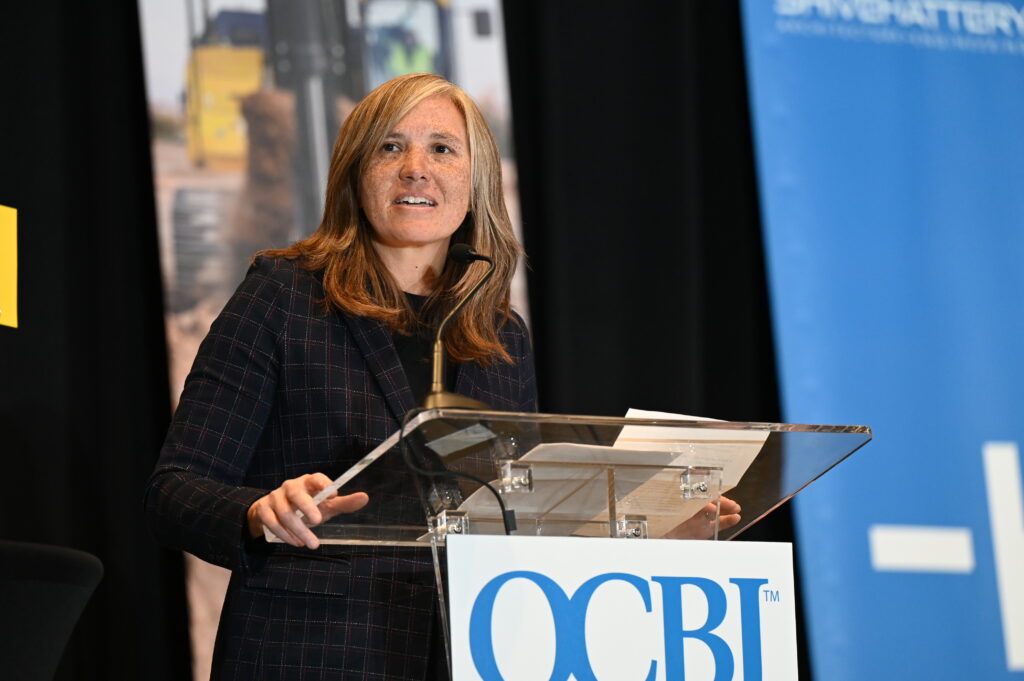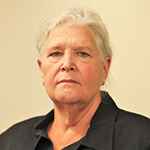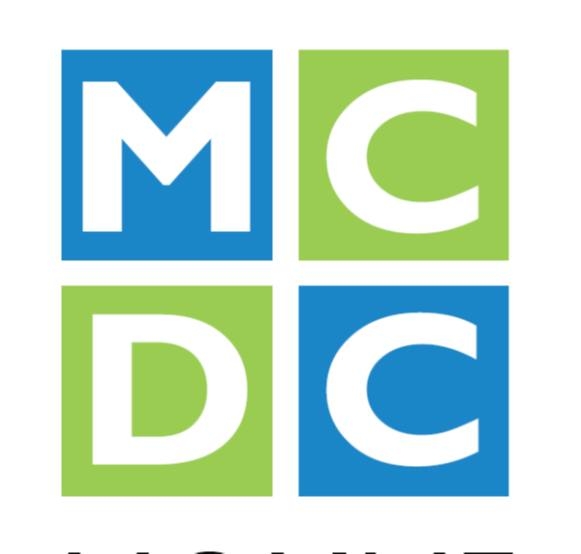Illinois DOT ready to do what it takes to win QC passenger rail

Illinois acting Transportation Secretary Gia Biagi talks passenger rail service and state and regional projects at the QCBJ's second annual Transportation & Infrastructure Seminar. CREDIT TODD WELVAERT
The QCBJ devotes Newsmakers series to looking back on some of the biggest and most noteworthy stories we covered in 2025 across the Quad Cities region.
The Illinois Department of Transportation is committed to bringing passenger rail service from Chicago to the Quad Cities, acting Transportation Secretary Gia Biagi promised leaders who attended the second annual QCBJ’s Transportation & Infrastructure Seminar.
Ms. Biagi,…

Want to Read More?
Get immediate, unlimited access to all subscriber content and much more.
Learn more in our subscriber FAQ.
Do you want to read and share this article without a paywall?







